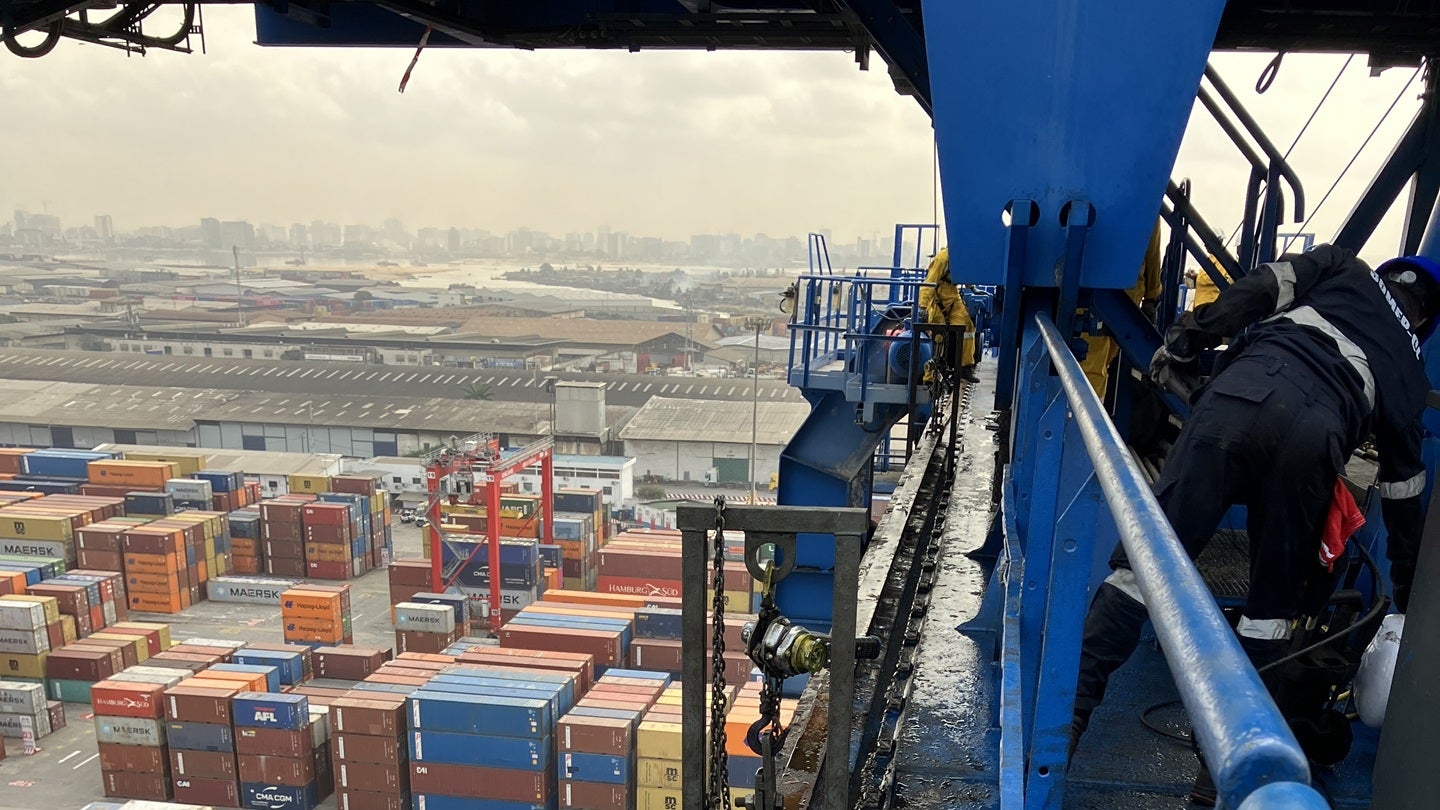SalMar's Q1 Performance Sets Stage for Increased Salmon Production in 2025

SalMar ASA, a leading player in the aquaculture industry, reported a mixed financial performance in the first quarter of 2025, with operational EBIT for Norway standing at NOK 852 million and NOK 798 million for the Group. Despite the challenges of a low harvest volume and high costs, the company remains optimistic about the year ahead, citing good growth and survival rates in the sea as key indicators for future success. Frode Arntsen, CEO of SalMar ASA, acknowledged the financial weaknesses of the quarter but emphasized the positive biological developments that pave the way for increased volume in the coming months.
The first quarter's results were impacted by late harvesting and fish welfare considerations, leading to a low average weight and a high share of downgraded fish. These factors contributed to a negative impact on price achievement. However, SalMar's strategic investments and mergers, including the recent acquisition of a controlling stake in AS Knutshaugfisk and the planned merger with Wilsgård AS, are expected to strengthen the company's position in Norway's salmon production industry. These moves highlight SalMar's commitment to profitable and sustainable growth in one of the world's premier regions for aquaculture.
Scottish Sea Farms, a part of SalMar's operations, reported a strong quarter with increased harvest volume and good biological status across all regions. This performance underscores the potential for recovery and growth in SalMar's broader operations. The company's focus on building biomass in Q1 is anticipated to facilitate increased harvest volumes later in 2025, aligning with SalMar's long-term strategic goals.
Looking ahead, SalMar is poised to capitalize on its recent investments and the positive trends observed in sea growth. The merger with Wilsgård AS, expected to be completed in the summer of 2025, will further enhance SalMar's operational efficiency and regional development efforts. With these strategic initiatives and the underlying strength of its sea operations, SalMar is well-positioned to navigate the challenges of the first quarter and achieve its objectives for the remainder of the year.




